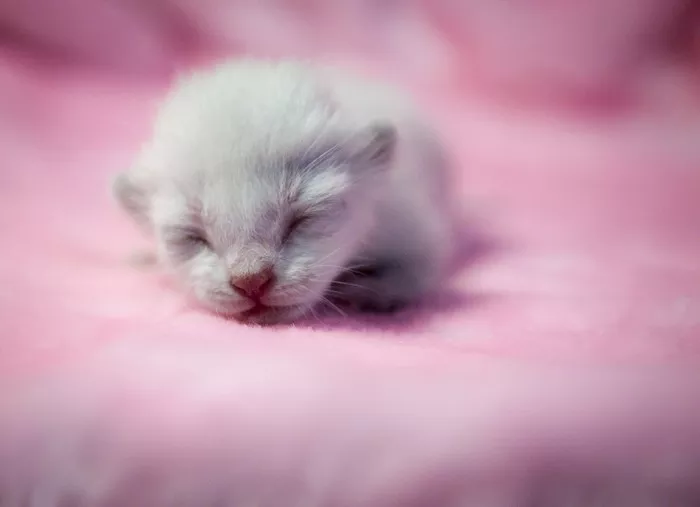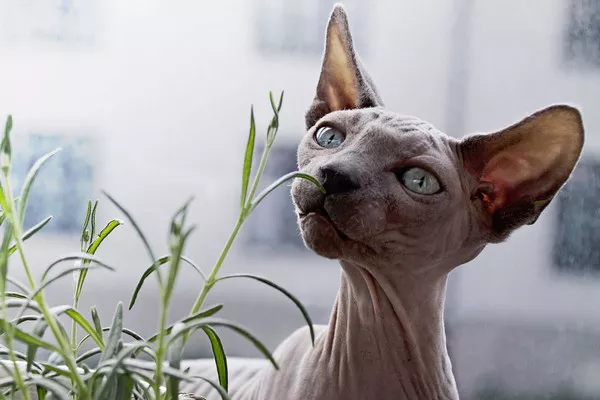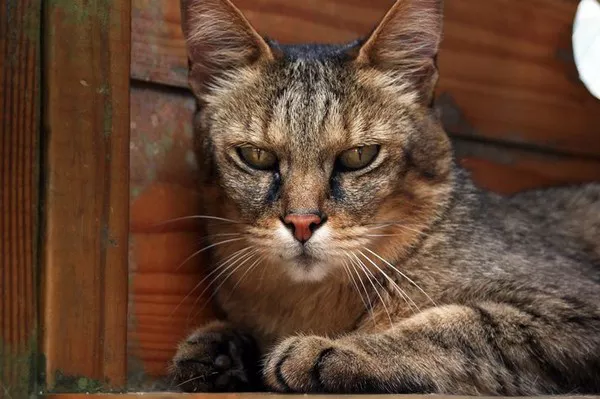Feeding our feline companions a balanced and nutritious diet is essential for their overall health and well-being. While cats are obligate carnivores and thrive on a diet primarily composed of animal protein, their nutritional needs can vary. In this article, we explore the question of whether Siamese cats can eat rice, delving into their dietary requirements, the benefits and risks of incorporating rice into their diet, and providing guidelines for a healthy and balanced feline nutrition plan.
Understanding the Siamese Cat’s Dietary Needs
Siamese cats, like all domestic cats, are obligate carnivores, meaning their bodies are adapted to derive essential nutrients from animal sources. Their nutritional requirements primarily consist of high-quality animal protein, including amino acids such as taurine, which is vital for their overall health.
Unlike humans and some other animals, cats lack the necessary enzymes to efficiently digest and utilize carbohydrates, including plant-based foods like rice. Therefore, it is crucial to provide Siamese cats with a diet that mimics their natural carnivorous diet as closely as possible.
The Benefits of Rice in a Siamese Cat’s Diet
While rice is not an essential component of a Siamese cat‘s diet, in certain situations, it may offer some benefits:
1. Digestive Aid: In small amounts, cooked rice can serve as a bland and easily digestible carbohydrate source, which may help alleviate mild gastrointestinal issues such as upset stomach or diarrhea.
2. Weight Management: Rice is a low-fat and calorie-dense food, making it a suitable option for cats who need to manage their weight or maintain a healthy weight.
3. Fiber Content: Rice, especially brown rice, contains dietary fiber that can promote healthy digestion and regulate bowel movements.
4. Palatability: Some cats may find the taste and texture of rice appealing, making it a useful ingredient to entice them to eat a balanced meal or take medication when mixed with other cat-friendly ingredients.
Risks and Considerations
While rice can have potential benefits for Siamese cats in certain circumstances, it is essential to consider the following risks and limitations:
1. Nutrient Imbalance: Rice does not provide the essential nutrients, including taurine and other vital amino acids, that cats require for optimal health. Relying solely on rice as a dietary staple can lead to nutritional deficiencies over time.
2. Carbohydrate Overload: Cats have a limited ability to process and metabolize carbohydrates effectively. A diet high in carbohydrates, including excessive rice consumption, can contribute to weight gain, diabetes, and other health issues.
3. Allergies and Sensitivities: Like humans, cats can develop food allergies or sensitivities. While rice is generally considered a hypoallergenic food, individual cats may still exhibit adverse reactions or digestive upset when consuming rice.
4. Dental Health: Dry rice grains can be hard and abrasive, potentially causing dental problems or discomfort for cats. Cooked rice or other alternative dental care options may be more suitable for maintaining oral health.
A Balanced Diet for Siamese Cats
To ensure the health and well-being of Siamese cats, it is important to provide them with a balanced and species-appropriate diet that meets their unique nutritional needs. Here are some key considerations:
1. Animal Protein: The foundation of a Siamese cat’s diet should consist of high-quality animal protein, such as lean meats, poultry, or fish. This provides essential amino acids, including taurine, which is vital for their overall health.
2. Limited Carbohydrates: While cats require minimal carbohydrates, a small amount of cooked and well-distributed carbohydrates, such as a small portion of rice, can be offered as a treat or for specific dietary needs under veterinary guidance.
3. Wet Food Preference: Siamese cats, like many cats, tend to have a preference for wet or moist food due to their natural instinct to obtain hydration from their diet. Providing high-quality wet food can help maintain their hydration levels and promote urinary tract health.
4. Variety and Supplements: Offering a diverse range of protein sources and incorporating supplements approved by a veterinarian, such as omega-3 fatty acids or probiotics, can enhance the nutritional value of their diet.
5. Portion Control and Obesity Prevention: Siamese cats have a tendency to gain weight, so it is crucial to monitor their portion sizes and provide regular exercise to prevent obesity-related health issues.
Consulting with a Veterinarian
It is important to consult with a veterinarian to determine the best dietary plan for your Siamese cat. A veterinarian can assess your cat’s specific nutritional needs, address any underlying health concerns, and provide personalized guidance on incorporating rice or other dietary modifications safely.
Conclusion
While Siamese cats are obligate carnivores with specific dietary requirements, small amounts of cooked rice can be safely included as a part of a balanced and species-appropriate diet. However, it should never replace essential animal protein sources. Consulting with a veterinarian and prioritizing a nutritionally balanced diet tailored to your Siamese cat’s individual needs is key to promoting their overall health and well-being.


























